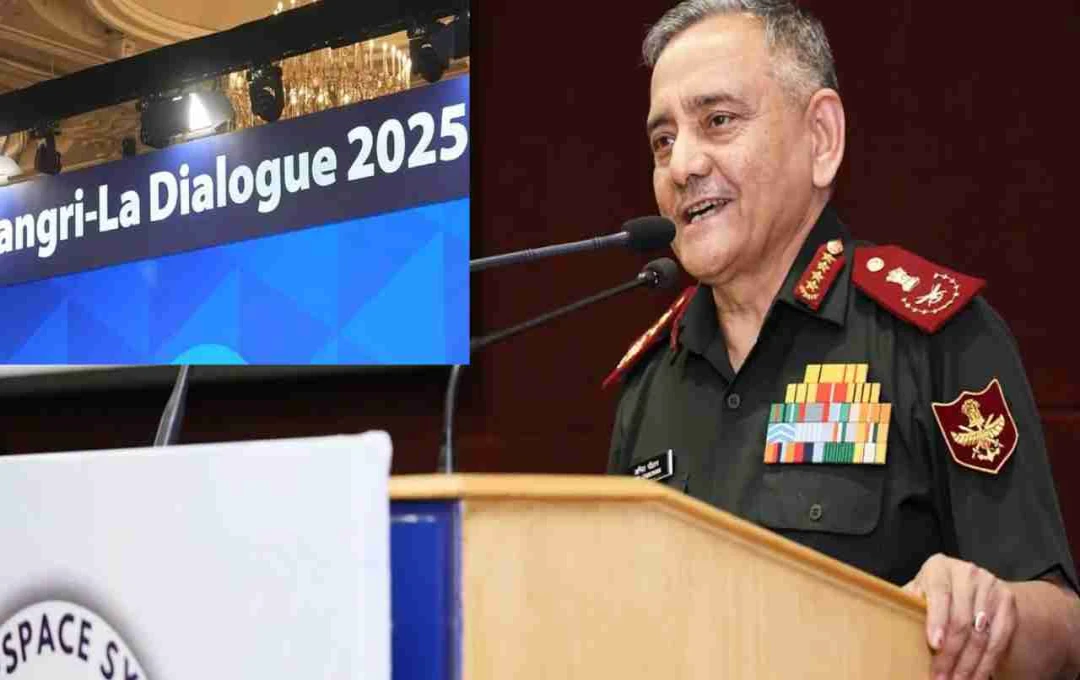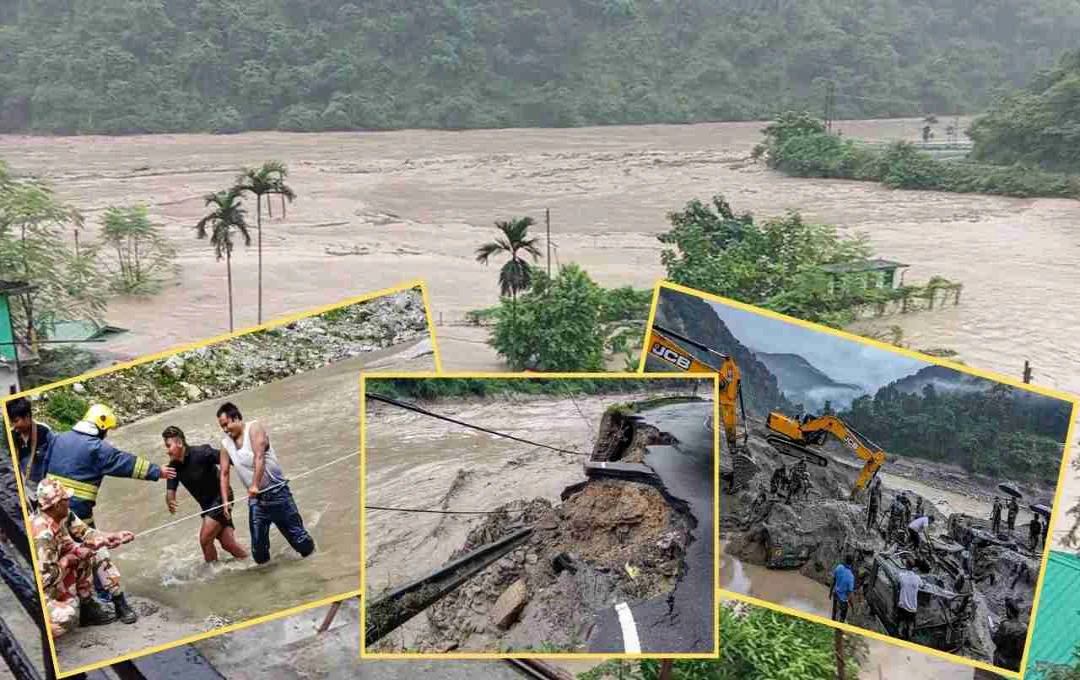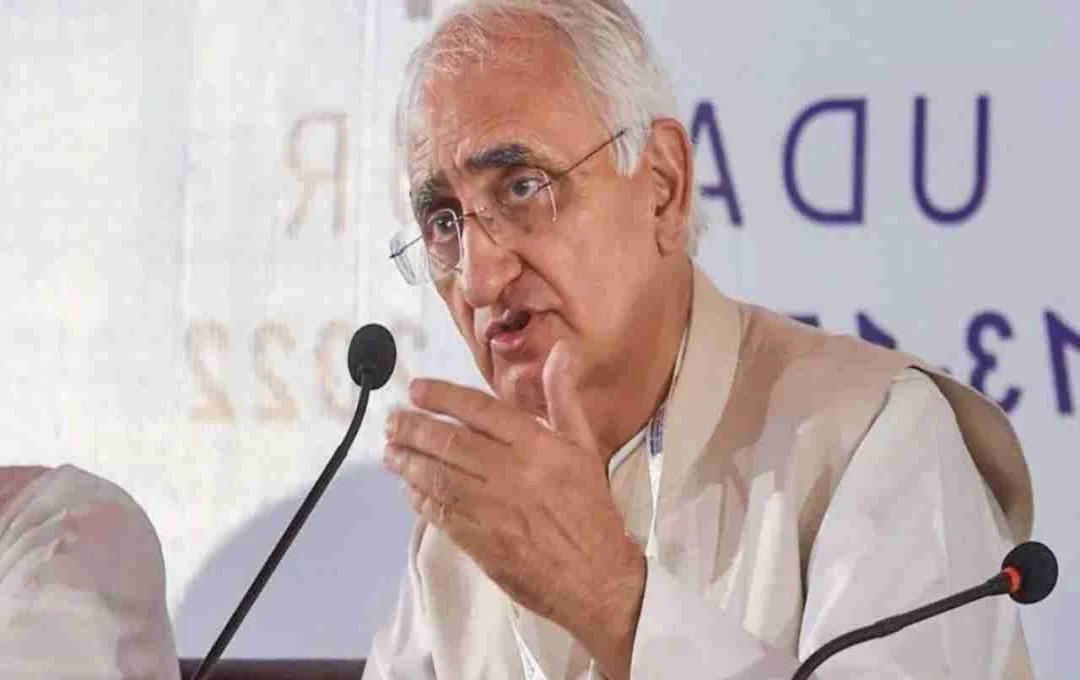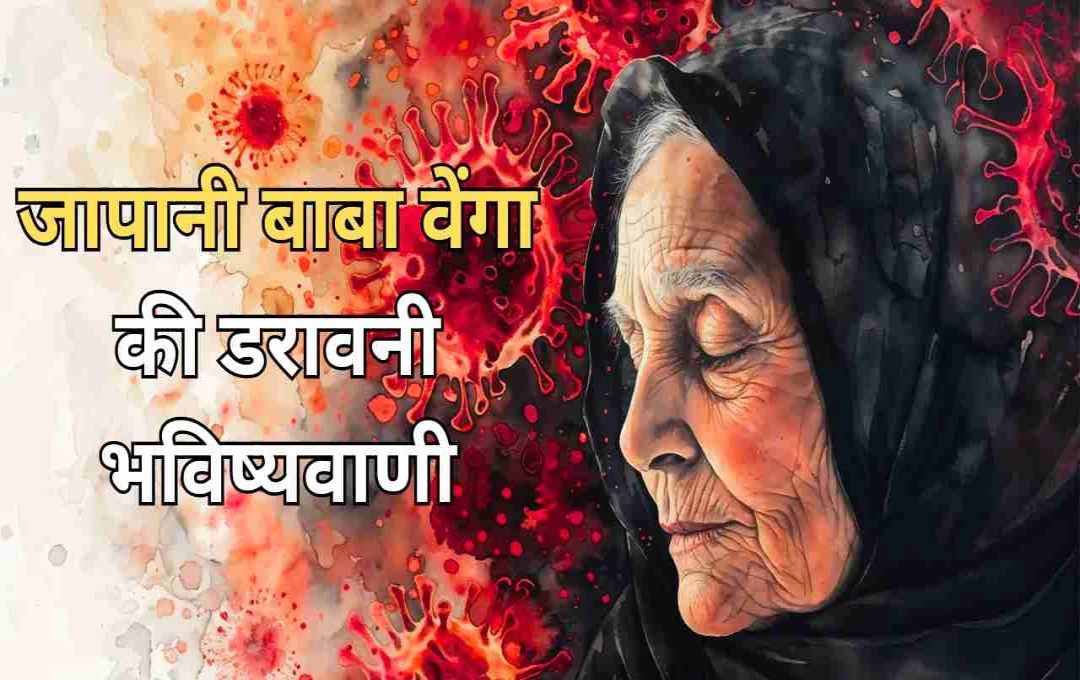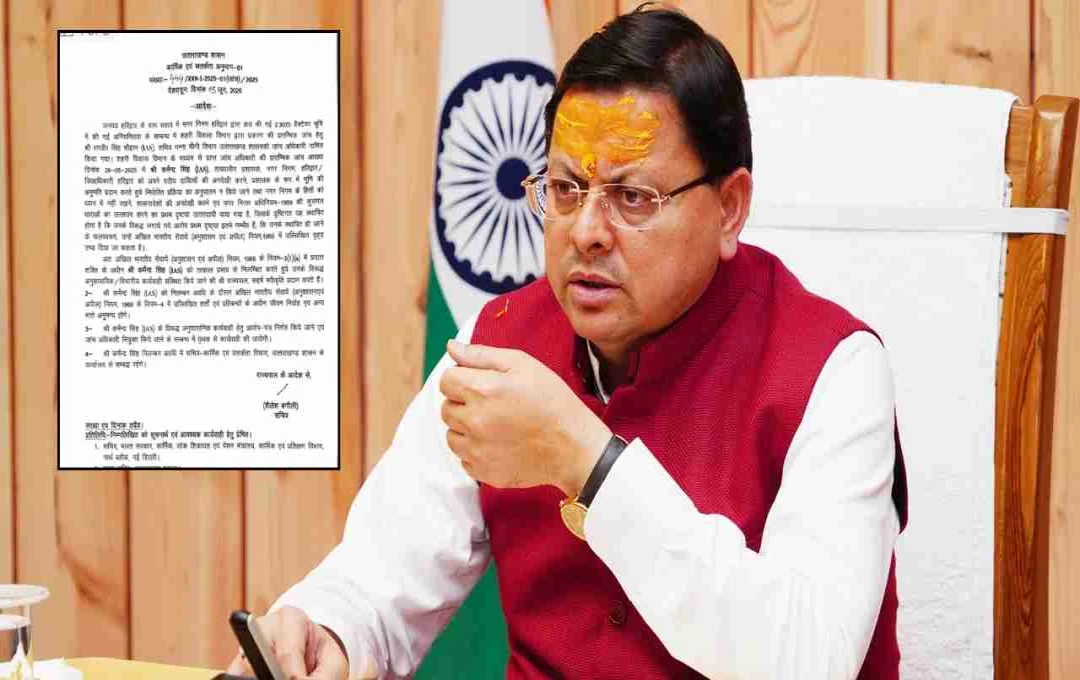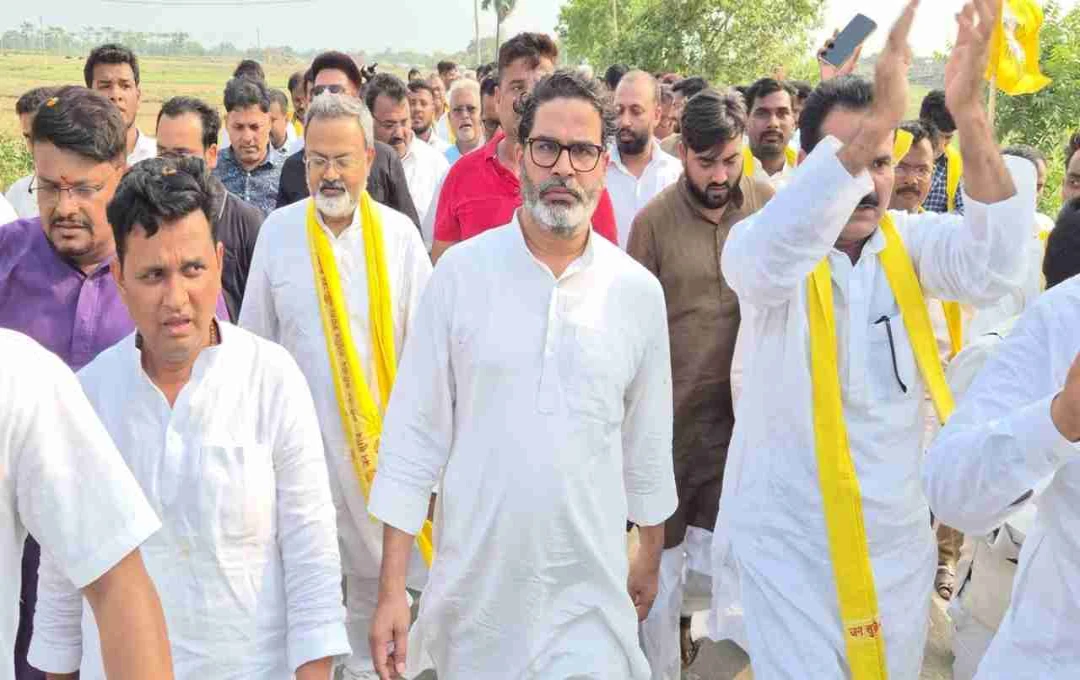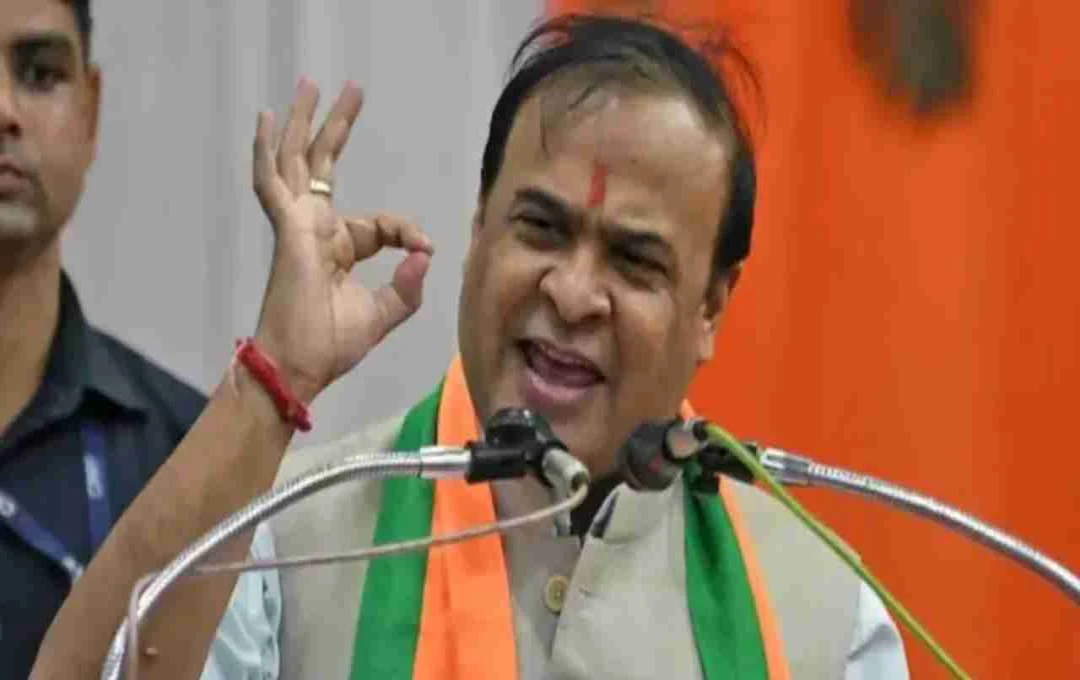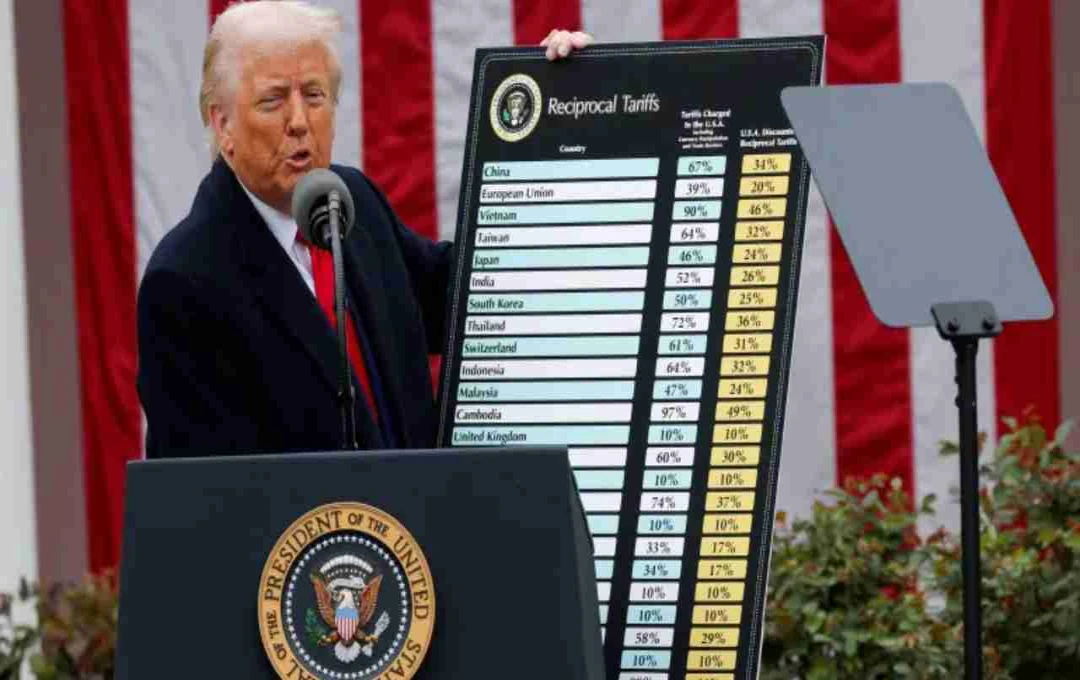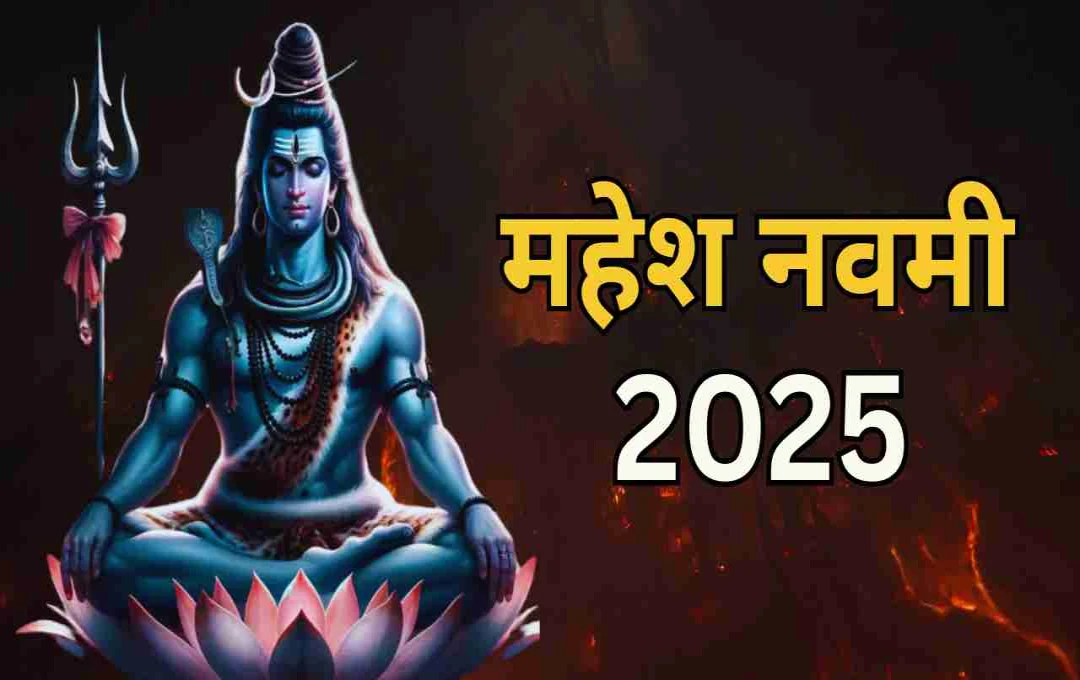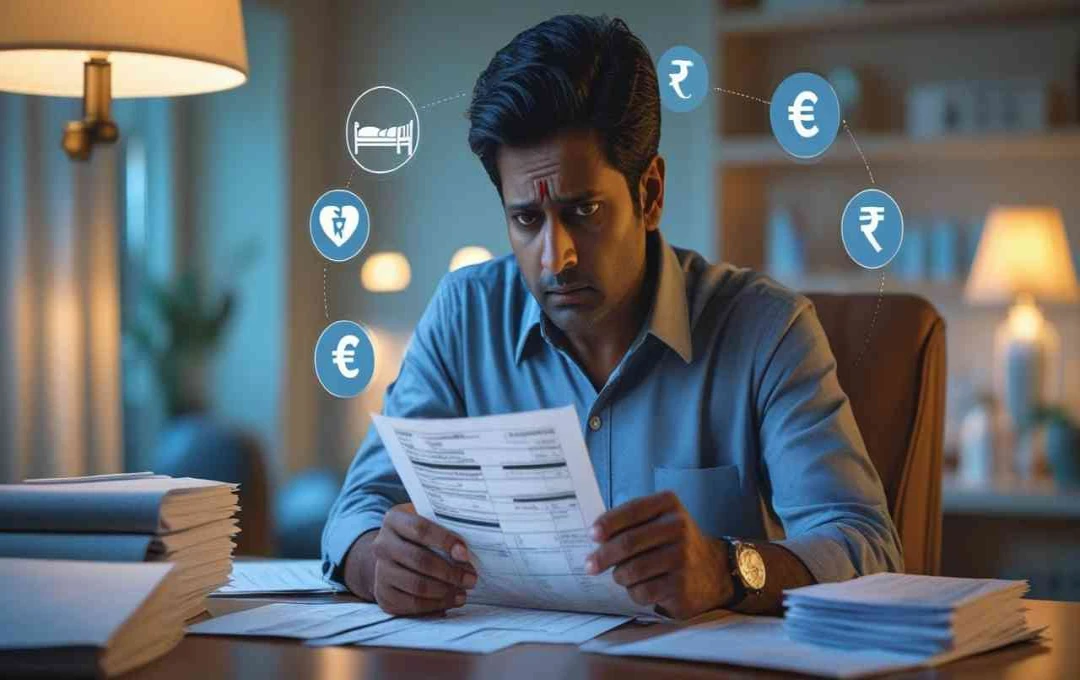CDS Anil Chauhan delivered a b rebuke to Pakistan at the Shangri-La Dialogue in Singapore. He stated that India is now operating under a calculated strategy and that maintaining distance from Pakistan is the best approach.
Singapore: India has changed, and with it, its strategy has undergone a complete transformation. At the Shangri-La Dialogue in Singapore, India's Chief of Defence Staff (CDS) General Anil Chauhan responded firmly to Pakistan, stating that if only hostility is received from Pakistan, maintaining distance is India's best strategic option. He made it clear that India no longer operates without a strategy; every step is taken as part of a well-considered plan.
India's Powerful Message at the Shangri-La Dialogue
The Shangri-La Dialogue is a major Asian defense forum where regional security and strategic issues are openly discussed. This year's event took place in Singapore from May 31st to June 2nd. At this important conference, General Anil Chauhan shared his views on "The Future of Warfare and Warfare Art" and also spoke in the session on "Defense Innovation Solutions for Future Challenges."
In his address, CDS Chauhan stated that India has significantly altered its strategy since 2014. He explained that when India gained independence, Pakistan surpassed India in several areas, including social development, GDP, and per capita income. However, today India is far ahead of Pakistan in every sector, a result not of coincidence but of a robust strategy.
Response to Pakistan: Distance is the Best Strategy
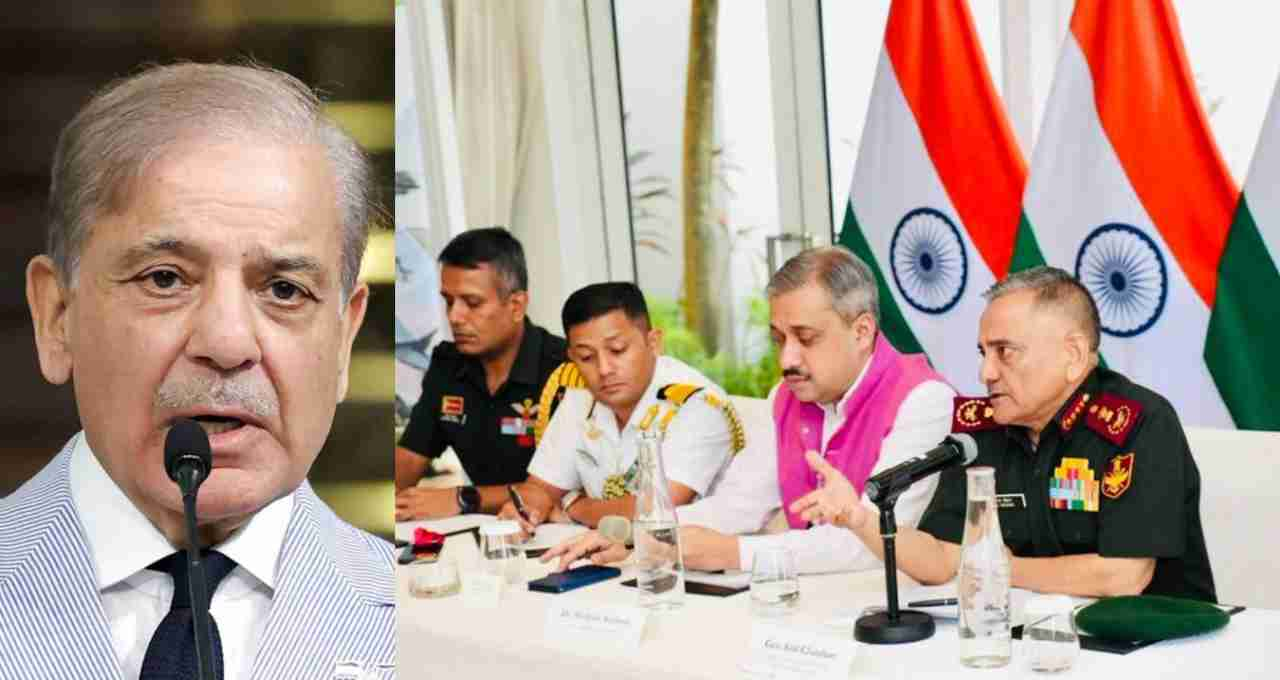
CDS Anil Chauhan explicitly told Pakistan that if only hostility is forthcoming, maintaining distance is the wisest course for India. He recalled that in 2014, Prime Minister Narendra Modi invited then-Pakistani Prime Minister Nawaz Sharif to his swearing-in ceremony, but that cooperation requires reciprocity. When one side offers only enmity, expecting friendship in return is futile.
India's Growing Global Role
During his visit to Singapore, CDS Chauhan met with several key defense officials and military leaders, including representatives from Australia, France, Germany, Japan, the United States, the United Kingdom, and Singapore. These meetings focused on enhancing security cooperation and strengthening partnerships in the Indo-Pacific region. A significant meeting was held with Admiral Samuel J. Paparo, Commander of US Indo-Pacific Command (INDOPACOM), to strengthen military-to-military cooperation and explore new opportunities in the Indo-Pacific.
Shift in China's Strategy
This year's Shangri-La Dialogue saw a notable absence of China's defense minister, a significant change. China was represented by a delegation from the National Defence University of the People's Liberation Army. Recent years have witnessed a shift in China's approach, particularly amidst tensions with the United States regarding Taiwan and the South China Sea. The speech by the US Secretary of Defense was also widely discussed, reflecting elements of the Trump administration's Indo-Pacific defense policy.
India's Changing Perspective
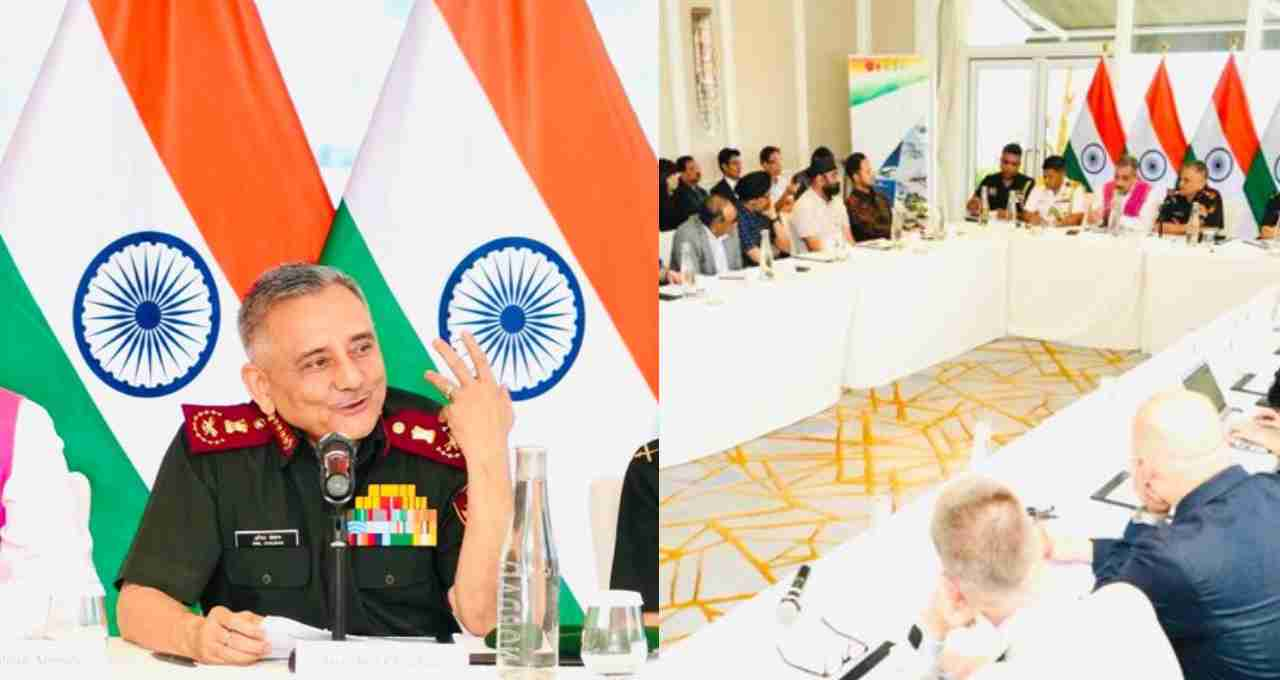
General Chauhan also emphasized India's rapid progress towards self-reliance in defense matters. India's focus on defense innovation and technology is evident. Indigenization of military equipment, boosting defense production under "Make in India," and adopting new technological solutions have become India's priorities.
India is not only playing a crucial role in regional security but is also strengthening its global position. India's active role and strategic partnerships in the Indo-Pacific are receiving international praise.
What is the Shangri-La Dialogue?
The Shangri-La Dialogue is a platform for discussing security challenges and strategic issues in the Asia-Pacific region. It was launched in 2002 and has been held annually since then. This year's conference saw participation from representatives of 47 countries, including over 40 ministerial-level delegates.
French President Emmanuel Macron was invited to deliver the inaugural address, highlighting the growing global importance of the forum. Malaysian Prime Minister Anwar Ibrahim also addressed the conference.
